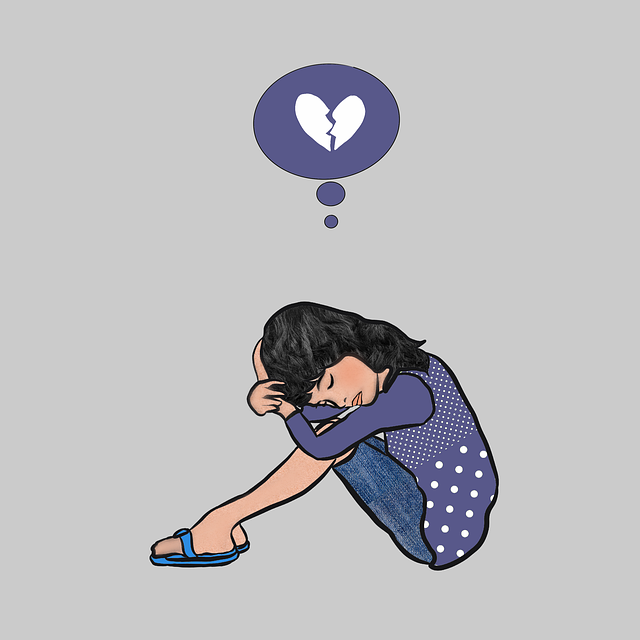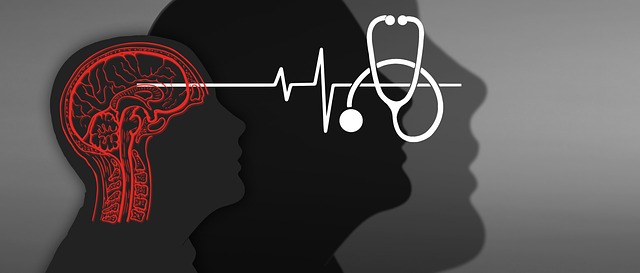In Multnomah County, civil commitment proceedings balance individual rights with public safety for severely mentally ill individuals who pose a risk. Legal aid organizations play a vital role by providing advocates to guide clients through complex procedures, ensuring their rights are respected, and helping them navigate the system effectively. Services are available for low-income individuals facing civil commitment, offering tailored assistance to ensure fair representation. Local legal aid groups support clients by explaining processes, advocating for rights, and guiding them through court proceedings, enhancing a supportive mental health care system.
In Multnomah County, civil commitment procedures play a crucial role in supporting individuals with mental health challenges. This article delves into the intricate process of civil commitment legal support, offering guidance for those navigating this complex system. We explore who qualifies for Multnomah County legal aid and provide an overview of the steps involved. Understanding your rights and access to legal representation is essential when facing civil commitment, ensuring a fair and just outcome.
- Understanding Civil Commitment in Multnomah County
- Who Qualifies for Legal Aid in Multnomah County?
- Navigating the Process: Getting Legal Support for Civil Commitment Cases
Understanding Civil Commitment in Multnomah County

In Multnomah County, civil commitment refers to a legal process aimed at providing support and care for individuals who, while not criminally responsible, are deemed incapable of taking care of themselves or posing a danger to others due to severe mental health issues. This process is designed to balance the rights of the individual with the need for public safety. Legal aid in Multnomah County plays a crucial role in ensuring that those facing civil commitment proceedings receive adequate representation and protection.
Understanding the complexities of civil commitment laws is essential, as it involves a range of legal procedures, from initial assessments and court hearings to long-term care planning. Multnomah County legal aid organizations offer critical assistance by providing advocates who can guide individuals through these processes, ensure their rights are respected, and help them navigate the system effectively. This support is particularly vital for those who may not have the resources or knowledge to protect their interests in such challenging situations.
Who Qualifies for Legal Aid in Multnomah County?

In Multnomah County, individuals facing civil commitment proceedings can qualify for legal aid based on specific criteria. The primary focus is on those who cannot afford an attorney and whose case meets certain eligibility requirements. Income level plays a significant role in determining qualification; applicants must demonstrate financial need, typically by providing proof of income and assets. This ensures that legal aid is allocated to those most in need.
Eligible clients often include low-income individuals or families facing the potential loss of freedom due to civil commitments, such as mental health issues or addiction problems. The Multnomah County Legal Aid Service provides a range of services tailored to these circumstances, aiming to ensure fair representation and outcomes for those who would otherwise struggle to access legal counsel.
Navigating the Process: Getting Legal Support for Civil Commitment Cases

Navigating the complex process of civil commitment can be daunting, especially for those in need of mental health support. In Multnomah County, legal aid plays a crucial role in ensuring individuals have access to representation during these sensitive proceedings. The first step involves understanding the specific circumstances that trigger civil commitment, which often requires an evaluation by a qualified healthcare professional. Once triggered, a court order can initiate the process, and it’s here where legal support becomes indispensable.
Individuals facing civil commitment should seek assistance from Multnomah County legal aid organizations. These groups provide a range of services, including counseling on legal rights, navigating court procedures, and representing clients in hearings. With their expertise, they guide individuals through each stage, ensuring their rights are protected. Effective legal support enables fair outcomes and promotes the best interests of those involved, fostering a more supportive and just system for mental health care.






